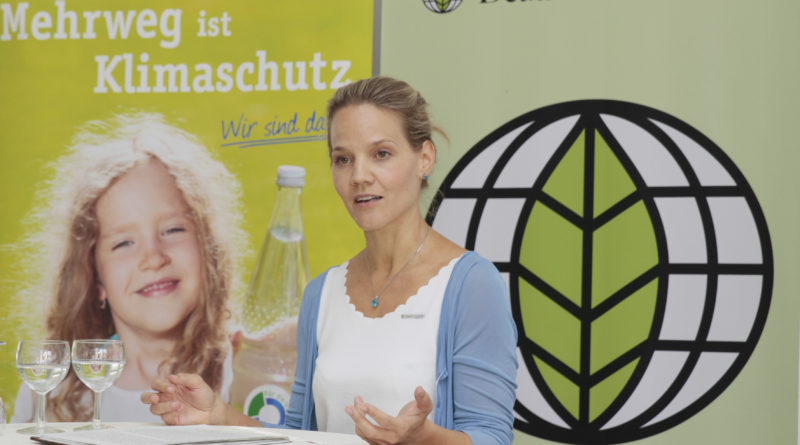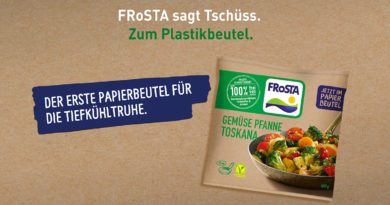Deutsche Umwelthilfe seeks the most absurd packaging
Consumers can nominate insane packaging for the „Golden Vulture“ negative award.
Officially, the recycling rates in Germany are relatively high. In 2016 they were 45 percent. „However, they are deceptive in that they only refer to delivery to a recycling company and not to the really recycled output. If one takes the total quantity of used plastic products – called „postconsumers“ in specialist jargon – as a basis, only about 15.6 percent are processed into recycled material in Germany. According to the Atlas, „7.8 percent are comparable to new plastics“. This in turn accounts for 2.8 percent of the plastic products processed in Germany. „One can hardly speak of a circular economy. Manufacturers prefer to use new plastic for their products rather than inferior recyclate. The low price of new plastic and the expensive sorting and processing of used plastic in Europe has led to the fact that a large part of the plastic waste is shipped overseas.“
On the ground, for example in Asian countries, this has ecological, social and health effects. „The necessary infrastructure to cope with our mountains of rubbish does not exist in these countries. The waste is often incinerated uncontrollably or ends up in landfills and the environment. Many people live their lives under miserable conditions and we continue to live and consume plastic products carelessly,“ says Weiger. BUND and the Heinrich Böll Foundation are calling on politicians above all to reduce the production and consumption of plastic. „In addition to laws on final consumption, the manufacturers and the petrochemical industry in particular must now be made the main polluters. The organisations also refer to a representative Forsa survey, according to which German consumers clearly see the responsibility of manufacturers of plastic articles: 83 percent of those questioned are in favour of levying levies on plastic products which are borne by the manufacturers.
„All the world is talking about plastic. That’s a good thing. But we have an incomplete and distorted picture of who and what is causing the global plastics crisis and how we should tackle it. Bans on straws, disposable cups and bags are a first step, but they will not end one of the biggest environmental crises affecting the entire planet,“ says Barbara Unmüßig, Chairman of the Heinrich Böll Foundation. „Few people are aware that plastics were originally a waste product of the petrochemical industry. To date, ExxonMobil, BASF, Eni, INEOS, and Dow are the largest plastics producers in the world. They dominate the global market with total sales of almost 420 billion euros and plan to further expand production in the next few years – not least as an alternative strategy if the turnaround in energy and mobility accelerates. The mass availability of cheap plastic raw materials such as crude oil and natural gas is also the reason why recycling is virtually non-existent and the plastics industry is not really starting to introduce a recycling economy. This is the starting point for any strategy to overcome the plastics crisis: Politicians must take responsibility for the large plastic and consumer goods groups,“ continues Unmüßig.
ADVERTISEMENT
 The exhibitors of FachPack offer you a complete, customised solution with the right materials, the right function, and the right logistics. More information can be found here.
The exhibitors of FachPack offer you a complete, customised solution with the right materials, the right function, and the right logistics. More information can be found here.




